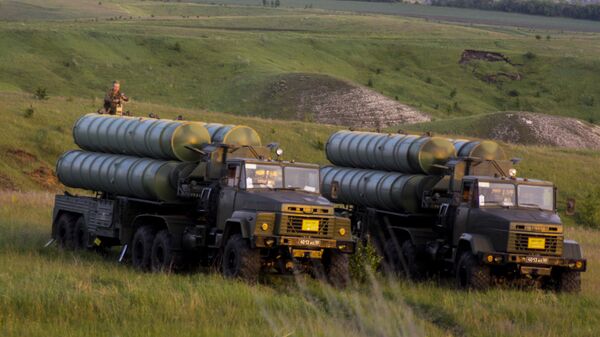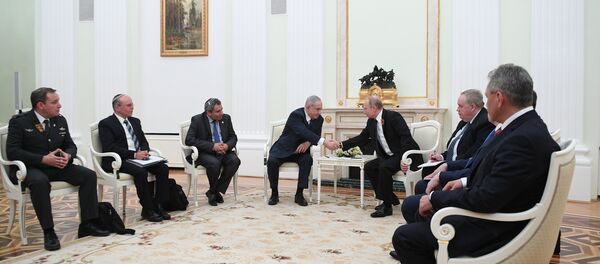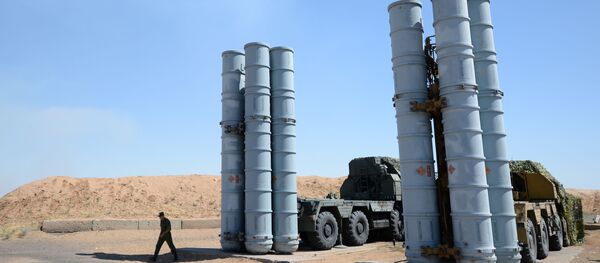Russia is neither supplying S-300 surface-to-air missile systems to Syria, nor negotiating a potential delivery to Damascus, Vladimir Kozhin, presidential aide for military technical cooperation, told Russian media, adding that the Syrian forces had “everything they needed.”
Kremlin spokesman Dmitry Peskov declined to comment Mr. Kozhin’s remarks, stressing that it would be wrong to connect those statements with Israeli Prime Minister Benjamin Netanyahu’s visit to Moscow.
“We never announced these deliveries as such. However, we said that after the strikes [by the US, France and the UK on Syria], Russia reserves the right to do whatever it deems necessary,” Peskov explained.
Previously, Israeli officials had expressed concerns over the potential supply of Russian S-300s to Syria, with Defense Minister Avigdor Lieberman threatening to destroy the systems if Damascus used them against Tel Aviv.
Reacting to reports about potential S-300 deliveries to Damascus, Russian state arms exporter Rosoboronexport expressed readiness to supply the Arab Republic with air defense systems if Russia’s top leadership gave the green light.
READ MORE: Israel Wants to Prevent Russian S-300 Supplies to Syria — Ex-Defense Minister
In late April, Syrian Ambassador to Russia Riyad Haddad told reporters that S-300 systems had been delivered to the war-ravaged country a month ago; his words, however, were denied by a Russian military and diplomatic source.
Later, the minister specified that President Vladimir Putin had discussed the issue of S-300 supplies to the Arab Republic with the Defense Ministry; however, the decisions “have yet to be determined.”
READ MORE: Russian Arms Exporter to Supply S-300 to Syria If Russian Gov't Permits
On April 14, France, the US, and the UK carried out joint airstrikes against Syria in response to the alleged chemical attack in Douma. According to the Russian Defense Ministry, Syrian air defense systems managed to down 71 out of the 103 missiles fired by the trilateral alliance at several targets in Syria.
“Syria’s means of air defense: S-125, S-200 air defense systems, [as well as] Buk and Kvadrat units were used to repel the missile strike,” the ministry stated.



